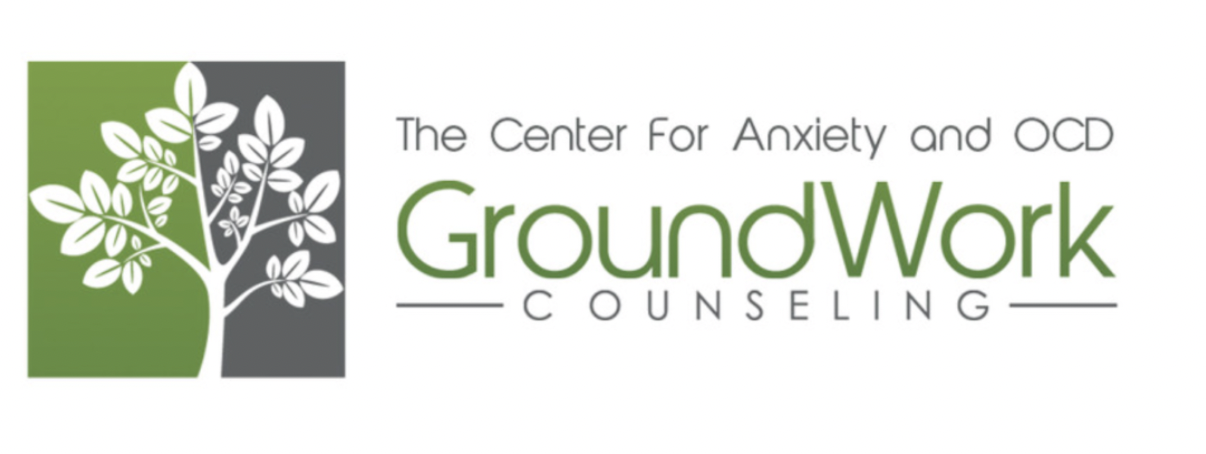Orlando Counseling for Social Anxiety
Treating Social Anxiety with Cognitive Behavioral Therapy (CBT) in Children, Teens, and Adults
At GroundWork Counseling in Orlando, our counselors and therapists often work with individuals of all ages suffering from Social Anxiety Disorder. Social Anxiety Disorder (SAD) is an anxiety disorder that is typified by extreme self-consciousness and excessive anxiety about common social situations. Social anxiety can pertain to just one type of social situation, such as having an extreme fear of public speaking. However, in social anxiety’s most severe form, the person experiences anxiety symptoms and feels extremely self-conscious just about anytime they are around other people. Our Orlando Counselors state that SAD can be seen in a variety of age groups, from children, teens, and adults. However, it is most common to see these types of symptoms arise during pre-teen or teen years as peer interactions and relationships become an important aspect of development.
Individuals with social anxiety tend to have a chronic fear of being scrutinized and they often fear that they are being judged negatively by people. They are also commonly afraid that they will do something that will be extremely embarrassing to them. Individuals who suffer with social anxiety can spend an inordinate amount of time worrying about a feared situation such as a public speaking event, and anxiety about the dreaded event can become so intense that it begins to affect the individuals functioning at work or school and with family and friends. If the individual is able to manage his anxious feelings and is able to attend a feared event, the encounter can make him very uncomfortable and he may worry about the way he was judged for hours after the event has ended.
To make matters worse, physical symptoms usually accompany social anxiety and can include:
- blushing

- profuse sweating
- trembling
- nausea
- difficulty talking
- rapid heartbeat
- shortness of breath
- dizziness
- avoidance of event or place (such as school)
- physical sensations such as lump in throat or feeling ill
Social anxiety disorder typically begins in childhood or early adolescence and there is some indication that there is a genetic predisposition to the disorder. Left untreated, social anxiety disorder can lead to depression and substance abuse issues may result as individuals with social anxiety attempt to self-medicate.
An abundance of search confirms that social anxiety disorder can successfully be treated with cognitive behavioral therapy (CBT), a method of therapy used at GroundWork Counseling in Orlando. With cognitive behavioral therapy, the client suffering from social anxiety is taught new skills which are put into practice through repetition. This repetition eventually modifies and changes the individual’s neural pathways or memory processes and helps the person to begin thinking, feeling and behaving differently. This process takes patience, determination, and lots of practice, but when an individual commits to this type of therapy and is willing to do the work, noticeable changes and improvements begin to take place. At GroundWork Counseling in Orlando we are committed to helping children, teens, and adults overcome their social anxiety through cognitive behavioral therapy and counseling – if you feel that you, or your child could benefit from help, please don’t hesitate to contact us for further information.
Finding The Right Help
It is important to interview your prospective therapist to find out if they are trained in CBT, and where they received their training. Some therapists are better at treating anxiety disorders than others. Their answers to your questions will be a good guide for you. You can begin by asking them about what types of techniques they use to treat anxiety. If the therapist doesn’t mention Cognitive Behavioral Therapy (CBT), or if they are vague, use caution. Be cautious of therapists who say that they use CBT but who won’t be specific in their techniques, or mention techniques such as ‘breathing/relaxation’ as these are not part of true CBT treatment. Be sure to ask about your therapists training and background in treating anxiety. A positive sign would be membership of the Anxiety and Depression Association of America, or a member of the Association of Behavioral and Cognitive Therapists (ABCT). Look for therapists who have sought post-graduate specialized training or certification in CBT and can provide you information regarding where they received their training in CBT.






